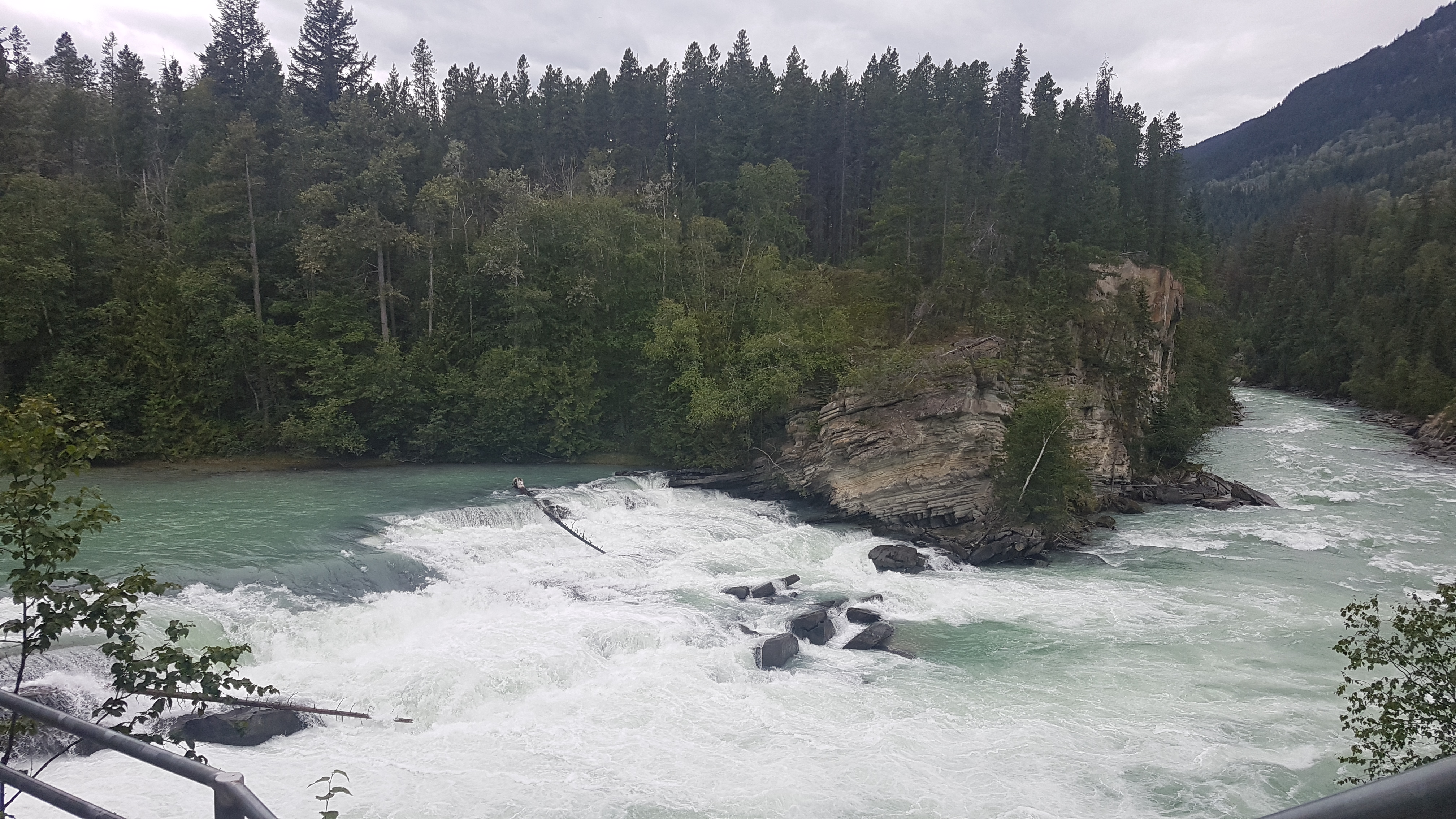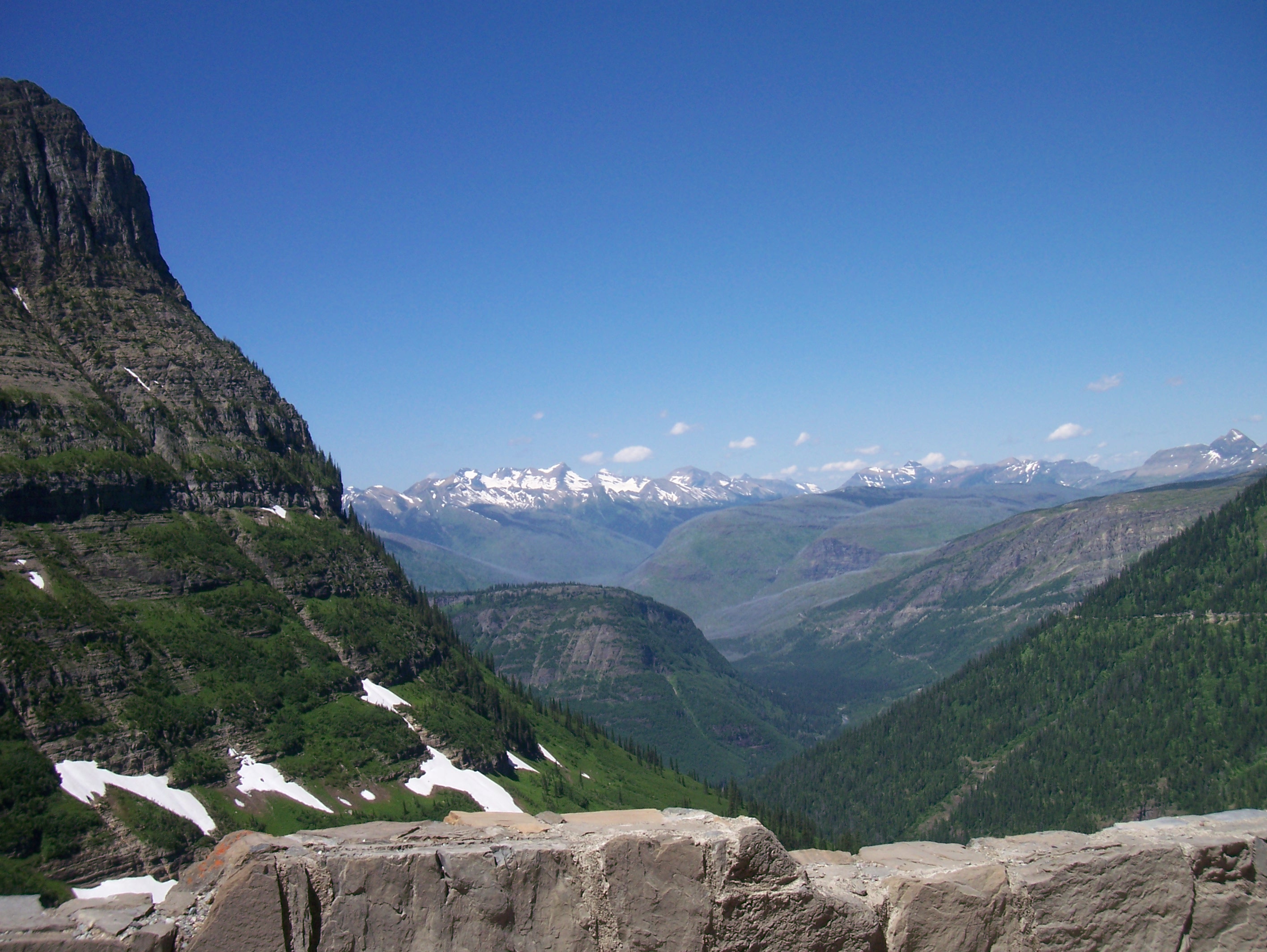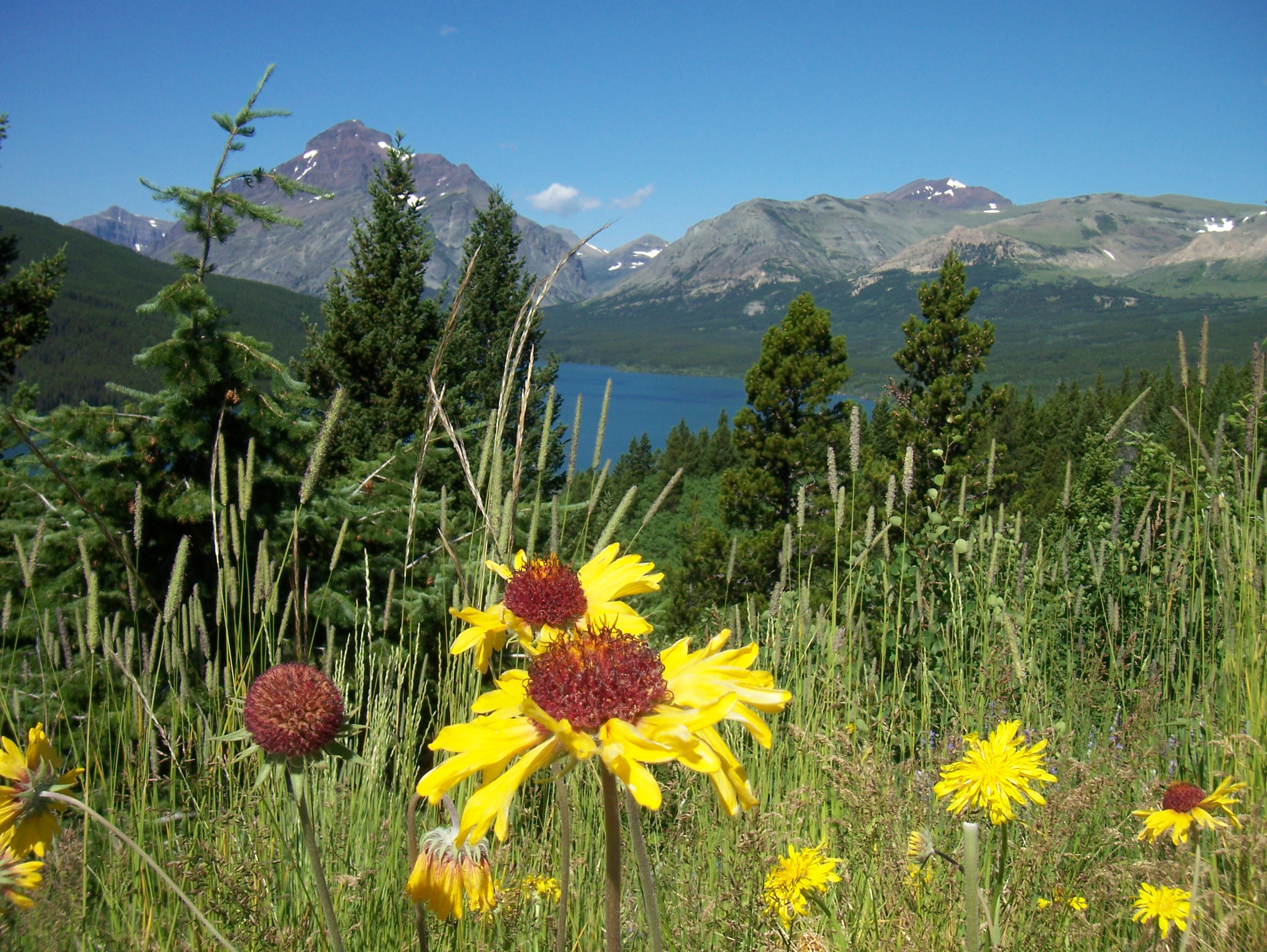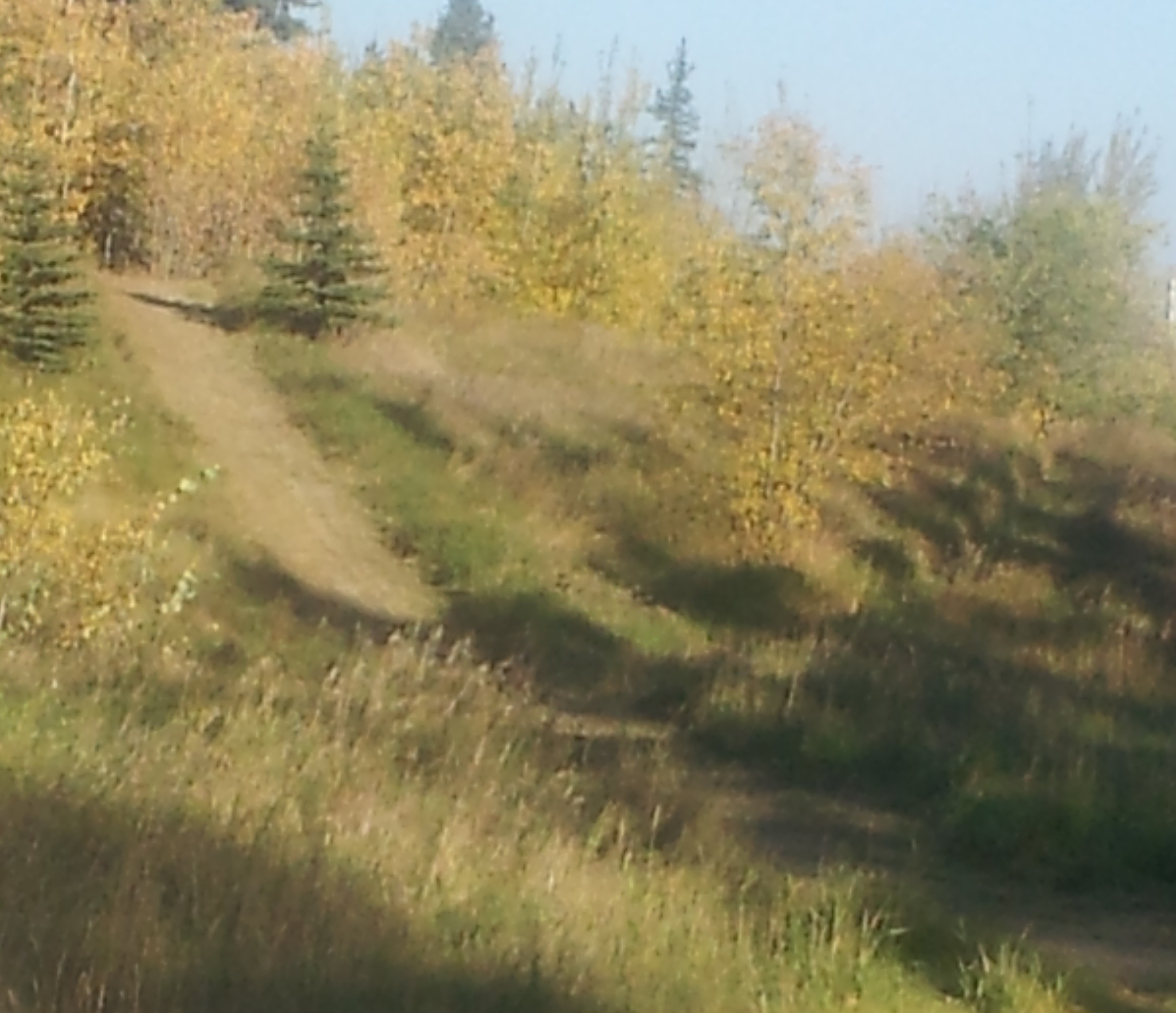In my last post, I wrote using a line from Mary Oliver: “what is it you plan to do with your one wild and precious life?” Today, I turn to a wonderful poem by Elizabeth Carlson, Imperfection. What does it mean to be imperfect as I explore what I will do with my one wild and precious life?
In pursusing what it means to live this one and wild precious life, one needs to fall “in love with [their] imperfections.” One of my imperfections might be I continuously and restlessly explore where my life is taking me. In a way, I find an echo of Thomas Merton in this, and I paraphrase, some pursue what calls us without finding it and that is our calling.
I am unsure it is that straightforward and I sense what I have done is ignored where I am at in life, ignoring what makes me who I am with each imperfection. One such imperfection might be I lock in on a particular quality and allow it to define me more broadly.
Instead of discerning what is in front of me, I focus on things I do not control. Henri Nouwen wrote a beautiful book, Discernment: Reading the Signs of Daily Life. In it, he suggests people, events, and signs are put in front of each of us to guide us in life. I defined myself as a teacher for most of my adult life and it was hard to set this aside.
I realize the likeliehood of returning to the classroom is remote. There are prevailing biases in play e.g. age . It appears few, if any, post-secondardy institutions want an aging male who does not fit their paradigm of a professor. Yet, the signs were there, despite my imperfections, something was calling. Over the past year, I co-authored a published paper and was invited to join in several other writing projects, joined a peer review journal board, and, most recently, was invited to submit proposals emerging from my dissertation.
The challenge is to get past an imperfection such as a single way of defining one’s self. Maybe someone will overlook age, gender, race, etc. and invite me to teach in their institution. I have to be awake to who appears and, at this time, it is people asking me to write and be part of those projects.
I am falling in love
with my imperfections
The way I never get the sink really clean,
forget to check my oil,
lose my car in parking lots,
miss appointments I have written down,
am just a little late.
I am learning to love
the small bumps on my face
the big bump of my nose,
my hairless scalp,
chipped nail polish,
toes that overlap.
Learning to love
the open-ended mystery
of not knowing why
I am learning to fail
to make lists,
use my time wisely,
read the books I should.
Instead I practice inconsistency,
irrationality, forgetfulness.
Probably I should
hang my clothes neatly in the closet
all the shirts together, then the pants,
send Christmas cards, or better yet
a letter telling of
my perfect family.
But I’d rather waste time
listening to the rain,
or lying underneath my cat
learning to purr.
I used to fill every moment
with something I could
cross off later.
Perfect was
the laundry done and folded
all my papers graded
the whole truth and nothing but
Now the empty mind is what I seek
the formless shape
the strange off center
sometimes fictional
me.
I leave you with a quote from Henri Nouwen and a picture.
“Where does my complete flowering as a human being connect with the needs of the world?”

While I stand by the turbulent river, I take time to listen and observe carefully what moves me in this moment to make the world a better place.












